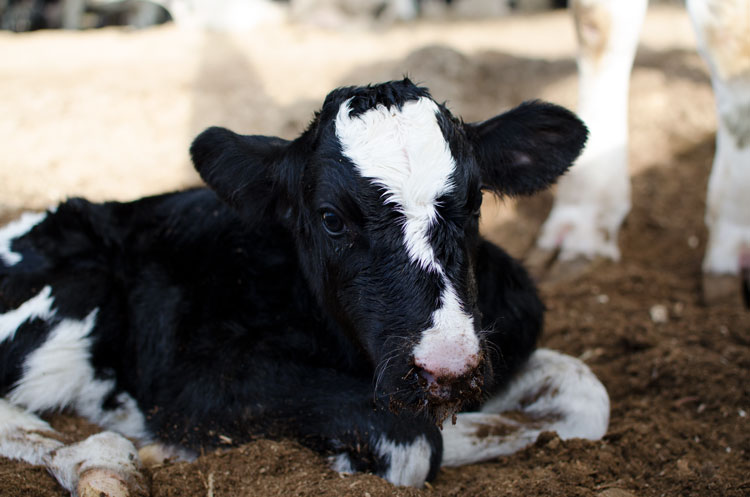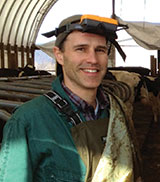
When discussing calf raising, most every dairy farmer will tell you good colostrum is essential to calf health. And yet, dairies still struggle to optimize those first meals to get calves off on their best foot.
In a recent Calving Ease newsletter, veterinarian Sam Leadley argues that critical control points are essential to understanding where colostrum protocols have room for improvement. He suggested farms monitor these three early life checkups to recognize immunoglobulin success and opportunities for better results.
1. Time between birth and first feeding of colostrum.
2. Quality of colostrum administered at first feeding.
3. Quantity of colostrum fed at the first feeding.
Leadley’s goals for successful passive transfer follow the Dairy Calf and Heifer Association’s recommendations. Eighty percent of calves should have a blood serum total protein score above 5.5 with 90 percent of the calves scoring above 5.2.
In order to accomplish this goal, Leadley said, farmers can’t guess. “Use hard numbers, and use a minimum of blood samples from 12 calves,” Leadley said. After establishing the farm’s current rate of passive transfer, he suggests studying where the farm is at on the three critical control points mentioned above.
After protocols are written and calf care workers are trained, Leadley says it’s critical to monitor success moving forward. “Test, test, and test. Keep sampling blood until the passive transfer failure rate drops to the farm’s goal,” he emphasized.
Success with colostrum feeding is attainable for every farm, but we must first understand where we are and then set goals to achieve where we want to go. Like any endeavor, checkpoints make progress more real and more relatable. Because at the end of the day, we are culpable for both the successes and failures of the calf feeding program.
The author is an associate editor. She covers feeding and nutrition, youth activities and heads up the World Dairy Expo Supplement. Maggie was raised on a 150-cow dairy near Valley Center, Kansas, and graduated from Kansas State University with degrees in agricultural communications and animal sciences.
“Monitoring and managing metabolic diseases in the transition cow"
Presented by Daryl Nydam, D.V.M., Cornell University
Sponsored by: Cargill Animal Nutrition
